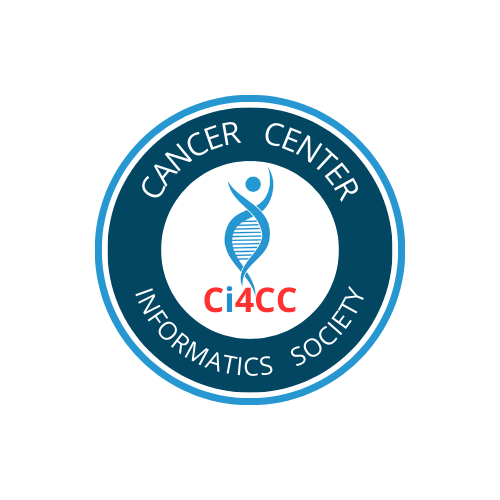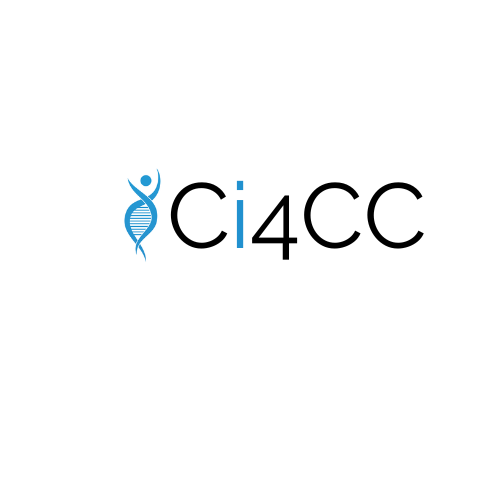Predicting Medication Responses using Machine Learning Models
Cancer Mutations Converge on a Collection of Protein Assemblies to Predict Resistance to Replication Stress
Rapid proliferation is a hallmark of cancer associated with sensitivity to therapeutics that cause DNA replication stress (RS). Many tumors exhibit drug resistance, however, via molecular pathways that are incompletely understood. Here, we develop an ensemble of predictive models that elucidate how cancer mutations impact the response to common RS-inducing (RSi) agents. The models implement recent advances in deep learning to facilitate multidrug prediction and mechanistic interpretation. Initial studies in tumor cells identify 41 molecular assemblies that integrate alterations in hundreds of genes for accurate drug response prediction. These cover roles in transcription, repair, cell-cycle checkpoints, and growth signaling, of which 30 are shown by loss-of-function genetic screens to regulate drug sensitivity or replication restart. The model translates to cisplatin-treated cervical cancer patients, highlighting an RTK–JAK–STAT assembly governing resistance. This study defines a compendium of mechanisms by which mutations affect therapeutic responses, with implications for precision medicine.
Share this Article with others





